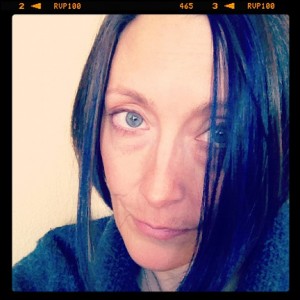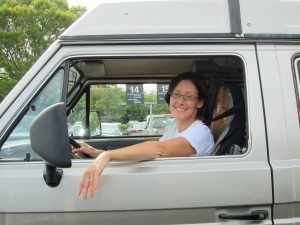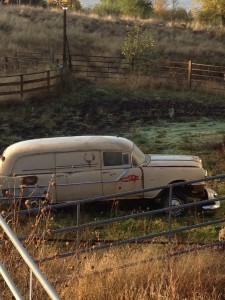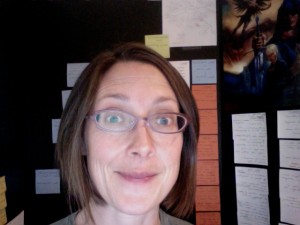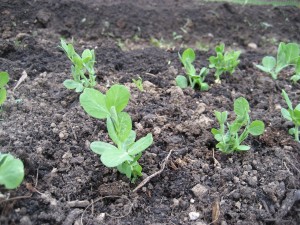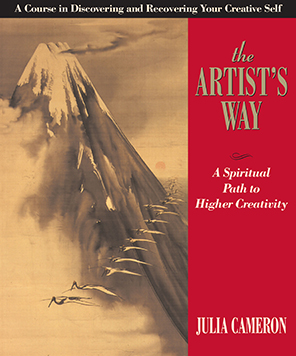
It’s been nearly three weeks since I turned my manuscript into my editor. Honestly, I still feel very unsettled. Creatively, I’m tapped out. No projects are jumping up and down waiting to be loved on. I don’t want to read the paper or books or watch TV or movies or even have serious conversations. I don’t want to do anything that requires much mental effort.
Under normal working circumstances, I think I lead a balanced artistic life. I’m enough in tune with my own rhythms to know that when I’m “on,” I put my shoulder to it and usually accomplish a great deal. I also know that when I’m not in the flow of the work, it’s better for me to stop, go running, do something else. I trust the ebb and flow of my productivity. Listening to what I need and responding appropriately always leads to good, solid work.
Deadlines completely screwed with that plan. Instead of stepping back, I pushed through. Instead of taking a break, I plowed forward. And that’s fine. Books need to get finished on time, and I can do just about anything for six weeks. However, I’m coming to realize how depleted I am.
I was talking about this with another writer friend, and she asked if I was doing morning pages a la Julia Cameron. No, I wasn’t. The thought of writing three pages a day made me a little squirmy, but when my friend left, I pulled out my tattered copy of The Artist’s Way and started reading from the beginning. In addition to morning pages, Cameron recommends a weekly date with your inner artist. She suggests going by yourself to some place or activity to fills you with fun or inspiration. For Cameron, this is a way to “fill the creative well.”
Aha!
Just the answer I was looking for. It’s time to focus on filling the well.
… and doing morning pages!
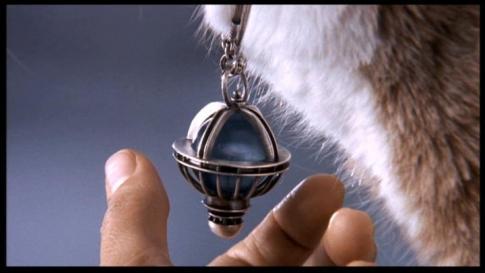 I’ll be honest. I’m complicated. I worry about a lot of things. I over-analyze. I dissect. (Nod your head sympathetically toward my husband. He’ll appreciate the gesture.)
I’ll be honest. I’m complicated. I worry about a lot of things. I over-analyze. I dissect. (Nod your head sympathetically toward my husband. He’ll appreciate the gesture.)